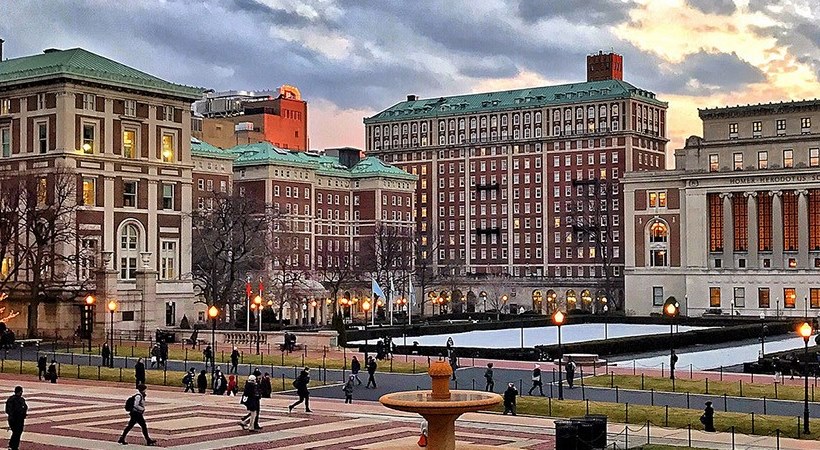Every year, a large number of students migrate to various countries across the world for their higher studies. The US, along with UK, Canada, European Union Countries, Australia etc., is the most sought destinations for the majority of Indian students. However, many aspirants are often clueless about how to obtain a visa.
An international student can follow two ways if she or he wants to study in the US. They can get into the country by obtaining either the J-1 or the F-1 visa. Deciding between the two, however, can be tough without basic information and taking an expert’s opinion often proves better.

Here’s a guide on in which situation one should opt for an F-1 visa or J-1 Visa.
Exchange visitor visa or the J-1 Visa offers an international student to have sponsoring programs approved by the Department of State instead of having a sponsoring employer. Aspirants who tend to acquire skills from any university in the US have to eventually come back to their respective motherlands. This is why every person who gets into the US under a J-1 visa is required to go back home for at least two years before returning to the US; a feature called the ‘home residency requirement’.

The F-1 visa, on the other hand, is one of two student-specific visas, the other being the M-1 for vocational schools. One can live, study, and even work in some cases for the duration of one’s scholastic program in the United States. The F-1 status is offered to those who wish to enrol in a private elementary school/high school/college/university.
F-1 Visa vs J-1 Vis
As a student, both visas provide great opportunities to learn without any restrictions in the United States. However, it depends on the student’s current situation and his/her plans for the future. The F-1 visa is generally the better option as it enables a student to work off-campus in his/her respective field and also work for at least one or two years after the course is over.
The J-1visa, in contrast, only allows working on campus. For the F-1, however, a student will need to wait one year before applying for off-campus work.

Image Credit: Columbia University Website
In addition to it, the F-1 does not have any stipulation requiring holders to head back to their native countries after their validation period comes to an end. This doesn’t seem to be a problem for the J-1 visa holder if s/he can secure a no-objection certificate (NOC) from the governing body of his/her country.
You can also visit US Berkely Website to know more about these visas



















